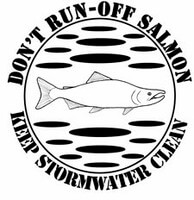
Just as residual oil from the 30-year old Exxon Valdez oil spill continues to “bio-accumulate” in marine organisms, hydrocarbons washed into rivers and streams by rainwater and snow melt also discharge long-term, chronic pollutants. The Copper River Watershed Project found that petroleum pollutants are being discharged at a stormwater outfall pipe into Cordova’s Million Dollar lake, Eyak Lake, in amounts that are toxic to salmon embryos.
To raise awareness of stormwater pollution, the CRWP started a public education campaign on storm water called Don’t Run Off Salmon. It’s a whole new education challenge. Just like when we had to work on defining “watershed” when we started referring to the Copper River watershed, “storm water run off” is a new term to many people. It refers to the pollutants washed off our roads, driveways, and parking lots by rainfall and snowmelt. All this water, and the leaked motor fluids and road sediment swept up, is eventually carried untreated into a local river or ocean.
Polluted runoff is now widely recognized by environmental scientists and the EPA as the single largest threat to water quality in the United States. It also falls under the category of “unfunded mandate” for dealing with the problem – there are no user fees to help pay for treatment solutions.
Snow is stormwater, too. Although in a solid state, it still carries with it the grease, grime, street trash, and sand that collects and eventually pollutes local waterways as it melts and drains. As always, don’t litter, pick up dog waste, and be mindful of vehicle leaks, as they are rather visible on snow-covered surfaces. Don’t run-off salmon – By keeping streets clean, you’re keeping waters clean.
–radio PSA
With support from our members, the Alaska Department of Environmental Conservation, and the Alaska Division of Coastal and Ocean Management, the CRWP is running a series of public service announcements in local newspapers and on KCHU public radio urging people to practice their own stormwater management.
Please do your part in your own “home” watershed to help keep stormwater clean. Wash your car with castile soap, dispose of motor fluids properly, secure your fuel tank from flood damage, and scoop your pet’s poop in a bag and put the bag in your garbage can. Your “salmon smart” actions will help keep streams and rivers within our towns and cities clean for fish, swimming and drinking water.


